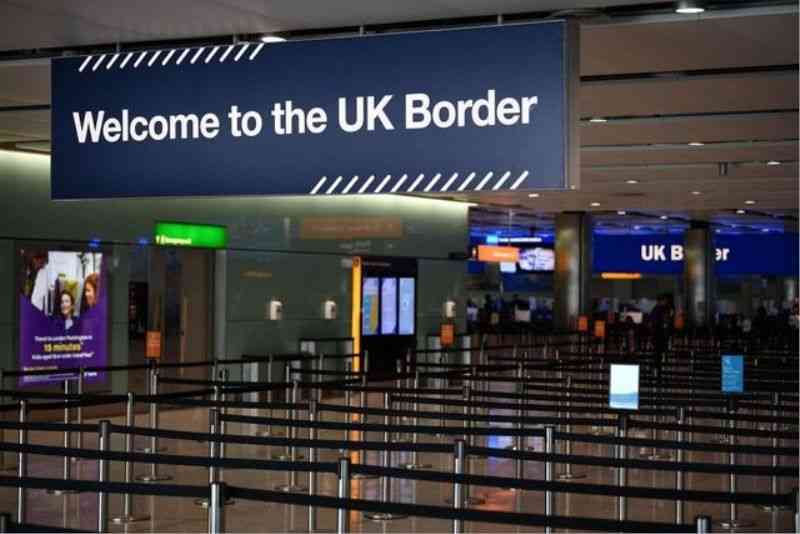UK Video Games Industry and migration

TIGA, the trade association representing the UK video games industry, said today that it welcomed the Government’s intention to expand the skilled based migration route by reducing the salary threshold from £30,000 to £25,600 and reducing the qualification threshold from a degree to A levels and equivalent qualifications. TIGA made the comments following the Government’s publication of its plans for a migration points based system.
The Government’s migration points based system involves the following key features:
- The free movement of people from the EU will end. From 1st January 2021, only workers qualifying for the skilled migration route will be eligible for most posts in the UK.
- There will be no visas for low skilled migrants.
- A points based immigration system prioritizing higher paid, better qualified and skilled people will be introduced. Applicants will need to earn 70 points in the new migration points based system in order to be able to work in the UK.
- Applicants will need to speak English and have a job offer from an ‘approved sponsor’ (employer). Applicants who achieve these criteria will earn 50 points.
- Applicants will be awarded further points depending on their qualifications, the salary on offer and working in an area with a skill shortage.
- The current cap on visas for skilled workers will be removed.
- Employers looking to recruit skilled workers will no longer have to conduct a resident labor market test.
- The salary threshold on skilled workers will be reduced from £30,000 to £25,600. The latter can be lowered further to £20,480 if the candidate earns enough points. Under the points-based system for skilled workers, applicants will be able to ‘trade’ characteristics such as their specific job offer and qualifications against a lower salary.
- The qualification threshold for skilled workers will be lowered from a degree to A levels or the vocational equivalent.
- Jobs on the Shortage Occupation List will be kept under review by the Migration Advisory Committee.
- Students will also be covered by the points based system. Graduates will be able to work for up to two years after they complete their degree.
A White Paper detailing planned legislation on immigration is scheduled for March 2020. The new rules will take effect from January 2021. The plans published today reflect many of the proposals made by the Migration Advisory Committee, an organization with which TIGA has supplied detailed evidence about the video games industry for a number of years. More details on the Government’s migration plans can be found here.
Dr Richard Wilson OBE, TIGA CEO, said:
“The UK video games industry is a high skills, high technology, export focused sector. 75 per cent of our current workforce are from the UK, 20 per cent from the EU and 5 per cent from the rest of the world. While our sector already invests in skills and training, if our sector is to continue to grow, expand and succeed, then we need to be able to access highly skilled people from overseas.
“TIGA welcomes the Government’s intention to expand the skilled based migration route by reducing the salary threshold from £30,000 to £25,600 and reducing the qualification threshold from a degree to A levels and equivalent qualifications. However, some UK games businesses employ skilled overseas workers in shortage occupations on salaries lower than the planned £25,600 threshold. It will be important for some employers in these situations to be able to ‘trade’ criteria such as their specific job offer and qualifications against a lower salary.
“TIGA strongly supports the plan to allow overseas graduates to be able to work for up to two years in the UK after they complete their degrees. This will be good for graduates, universities, employers and the UK economy.”
Also, you can read our “How is Brexit affecting the indie gaming industry?” interview.




